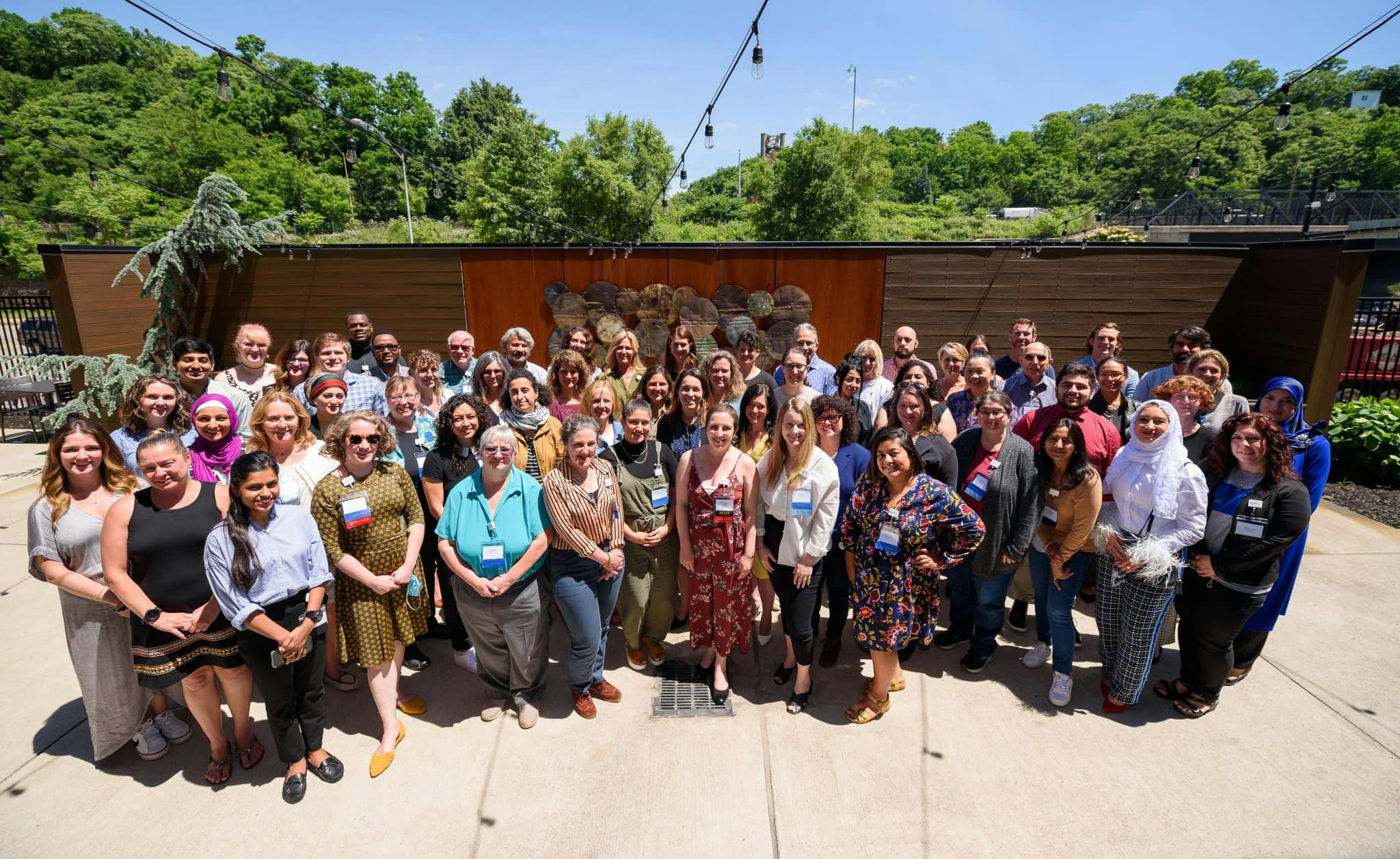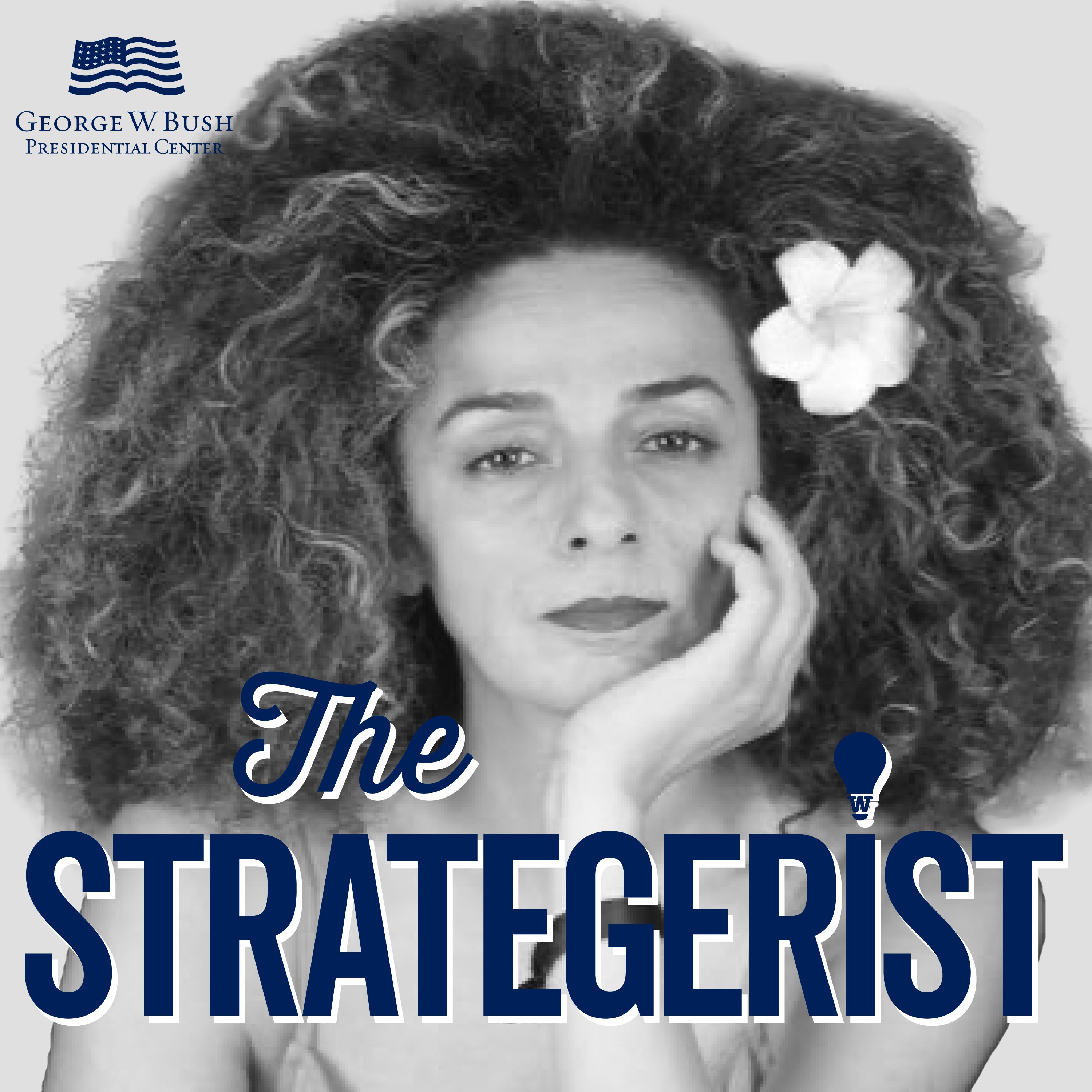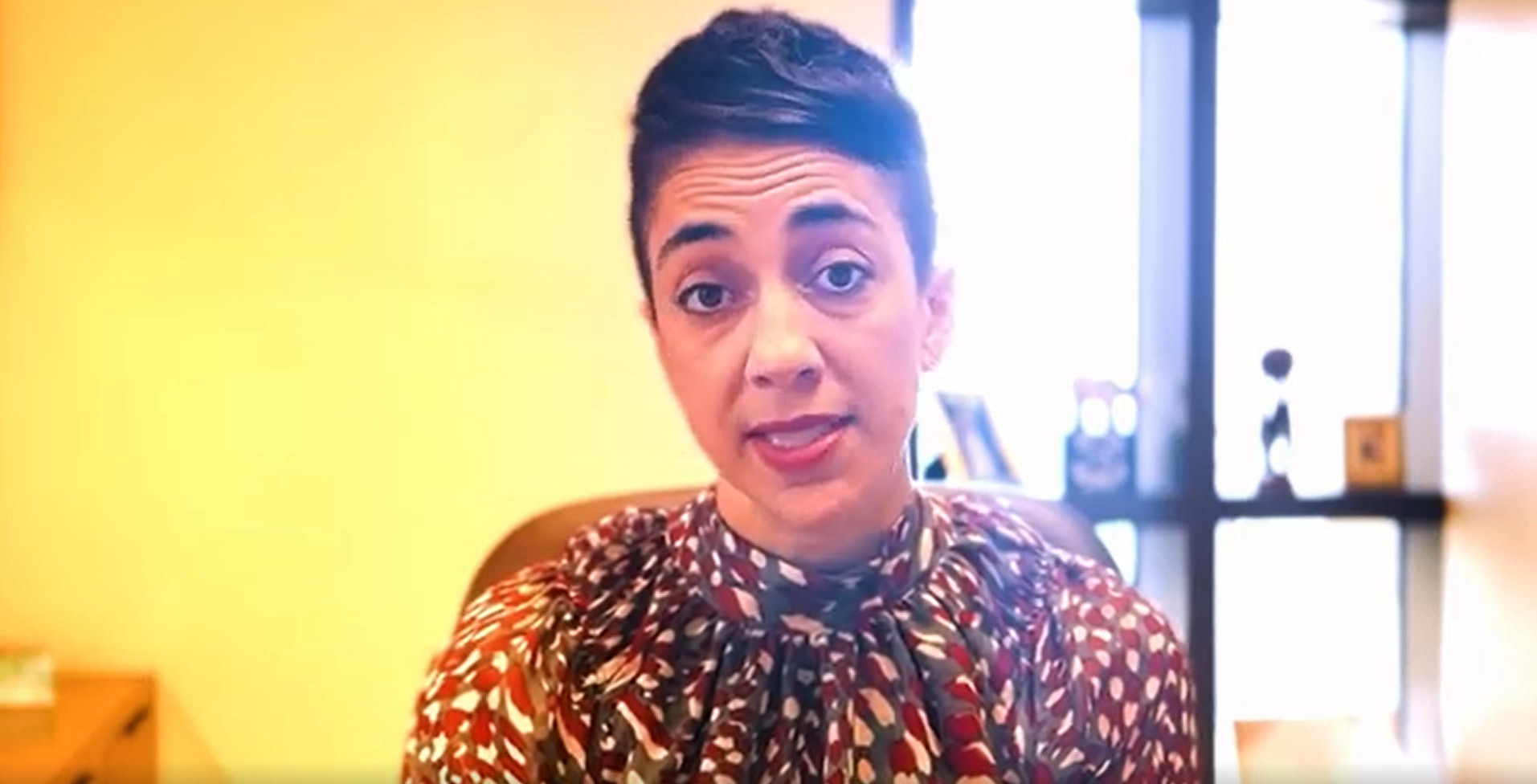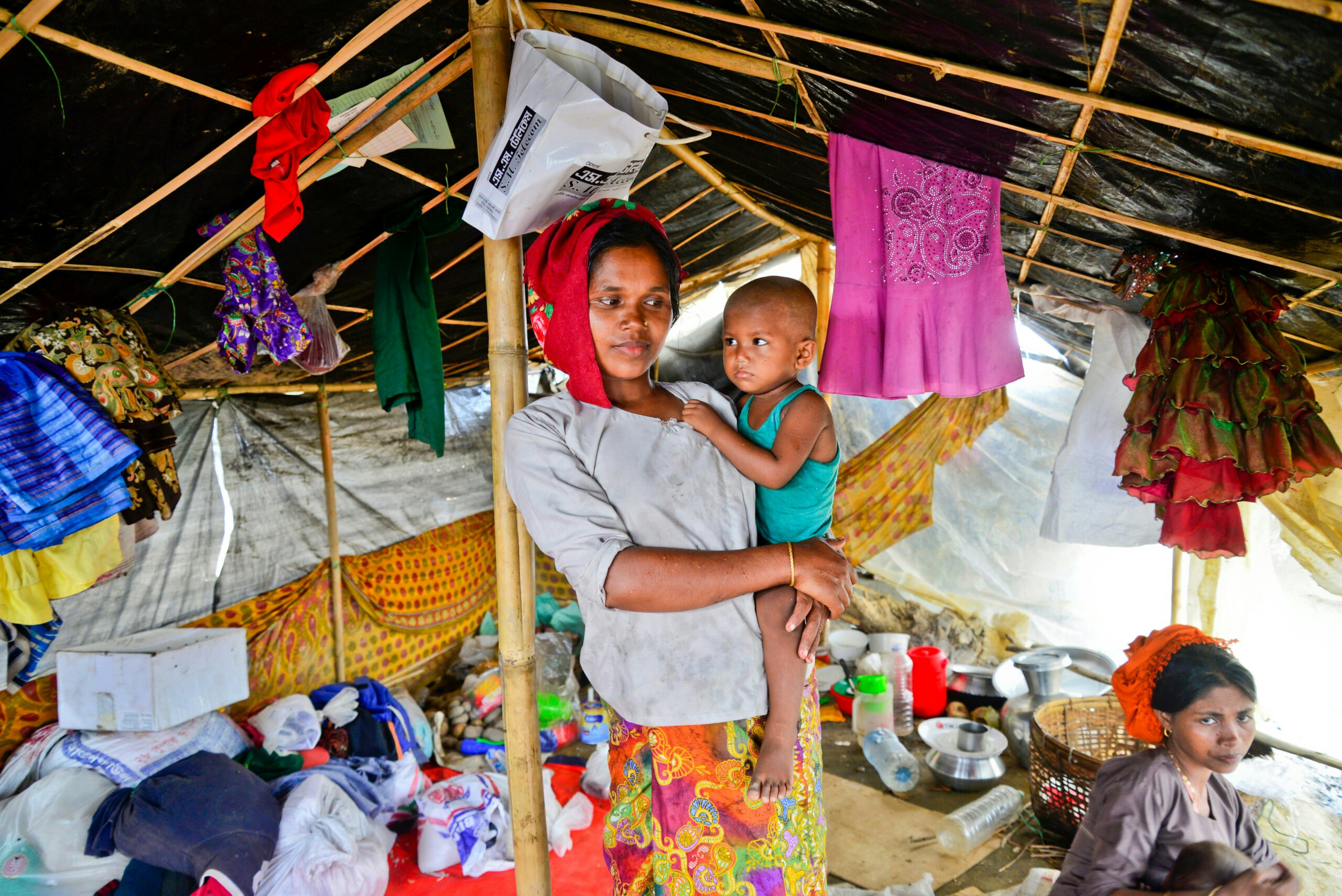Aseel Honein, a 2019 WE Lead Scholar from Lebanon, is an architect, university instructor, and real estate developer who is working on sustainable projects for economic, environmental, and social prosperity. She is currently developing an ecotourism plan for the Koura District in North Lebanon to promote new job opportunities. Aseel also mentors young entrepreneurs on innovation and startups.
Miriam Spradling: Tell us about the work you do as an architect addressing environmental issues in North Lebanon and why you became interested in architecture.
Aseel Honein: I took an interest in architecture when I was about 8 years old. Many of my drawings and paintings revolved around landscape architecture before I knew what it was really about.
In my country, architecture is quite a challenging discipline due to the absence of urban planning and proper infrastructure. Consequently, the northern region, particularly the Koura District, has been witnessing rural expansion in development which is illustrated with buildings that completely disregard the environment or the social need for open green spaces. Real estate has become a lucrative business at the expense of the social and environmental capital.
All of these factors pushed me to design and build an alternative solution – a green residential complex – which makes my venture ‘Val de Fii’ very rewarding. It is a game changer as it utilizes building science to ensure comfort with harmony and great views of nature.
MS: Tell us about your efforts to support the training of young women in STEAM education and why you feel this is an effective way to invest in MENA youth and women.
AH: In Lebanon, only 18 percent of registered female architects are practicing architecture. Recent university statistics show that the enrollment of female students exceeds that of male students. As an educator and professional, I realize that the working environment is still male dominated. To effectively address gender equity, we need to start with younger generations to expand the mindset that girls can do whatever boys can do. I mentor young female architects as well to equip them with skills that will empower them in the workplace.
MS: Why do you feel it’s important that girls are encouraged to go into science-oriented fields?
AH: It is important to tell girls that they have more options, and they need to make choices based on proper career orientation. Through my organizational work, I strive to provide hands-on guidance to familiarize girls with a wide range of careers in science and technology that allow them to pursue their passions and still find balance in their future.
I am a first-generation working woman in my family, and I know that it is more difficult in the absence of role models. It is important to present female role models in STEAM fields to encourage girls to enroll in college majors that can make a difference in their lives.
MS: Who inspires you and why?
AH: I am always inspired by the amazing people around me, but my parents were my initial inspiration as a child. My dad is a civil engineer who had a mission to provide social housing for people with basic income, and my stay-at-home mom is quite strong but kind with a humorous personality. She has never worked in her life, but she is very crafty and always volunteers for causes she believes in. They inspire me to seek opportunities to grow but to always come back to try to make change in my own community.
MS: Tell us about your experience as a WE LEAD Scholar so far.
AH: One, it’s unique in that it’s tailored to the interests of 19 different fellows from five different countries and that it enables us to work on our own visions and missions. Two, they are connecting us to the right people who complement or are totally aligned with our mission and values. I’m meeting like-minded powerful ladies. We have become a community not just professionally, but it also feels like a family.
I realized during my short time in Dallas that the program was really responding to my needs, and my needs are particular because I’m in an advanced level of work and in a leadership position. These skills that are taught will really help me to enhance my leadership style. The impact of it is noticeable and encouraging and makes the whole program intense and worthwhile.




























